A Deeper Look into Kidney Health in Malaysia
by Dr. Azim Hazizuddin bin Nasaruddin
Head of Medical Department
National Kidney Foundation of Malaysia
As we observe World Kidney Day (WKD) 2025 on 13 March, it’s vital to raise awareness about Chronic Kidney Disease (CKD), a growing health concern in Malaysia. CKD has reached alarming rates, with one in seven Malaysians affected—equivalent to 4.7 million adults—and many are unaware that they are living with the disease until it reaches advanced stages. Preliminary data from the National Renal Registry (NRR) reveals that there were 53,210 dialysis patients in Malaysia last year (NRR, 2023). This WKD, NKF aims to shed light on the common myths surrounding CKD and offer valuable insights to help the public understand the realities of kidney health.
Reference: National Renal Registry (NRR). (2023). Annual Report of the Malaysian Dialysis and Transplant Registry. National Renal Registry, Malaysia.
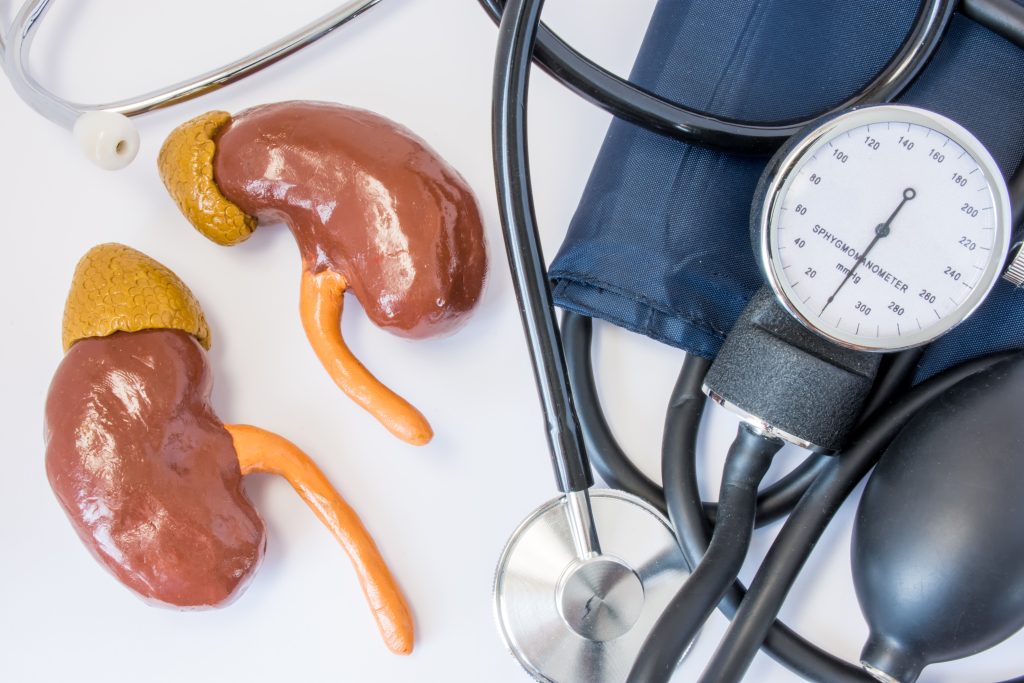
1. Myth: Kidney disease ONLY impacts people with diabetes or high blood pressure.
Truth: In Malaysia, diabetes and hypertension are indeed the leading causes of CKD, but they are not the only factors. Systemic Lupus Erythematosus (SLE) and IgA nephropathy, a high intake of traditional painkillers (such as nonsteroidal anti-inflammatory drugs (NSAIDs) like diclofenac, ibuprofen and naproxen), genetic conditions such as polycystic kidney disease and lifestyle factors like excessive salt consumption can also lead to kidney damage. Malaysians may also be at risk due to a lack of awareness about the early signs of kidney disease, which makes it even more important to educate the public on the many causes of CKD.
Insight: In conjunction with WKD 2025, NKF Malaysia will be highlighting the importance of regular health screenings. For Malaysians at high risk, such as those with a family history of CKD or diabetes, taking action early can prevent progression. NKF’s screening programs and educational outreach, particularly in rural areas, will be vital in tackling this issue.
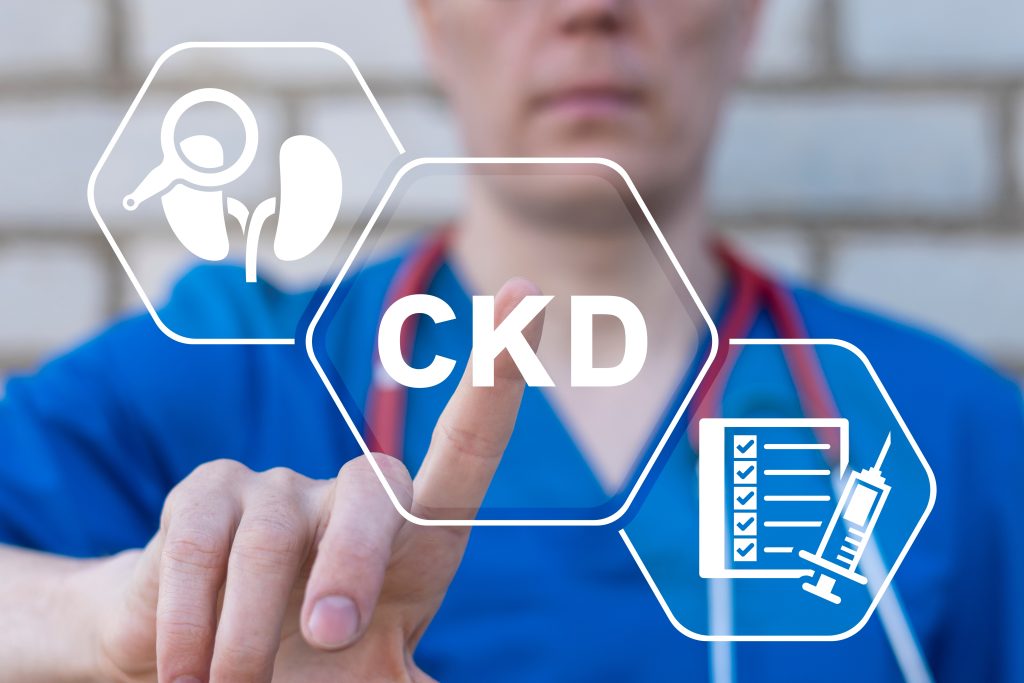
2. Myth: Chronic Kidney Disease doesn’t get worse if it’s managed properly.
Truth: CKD is not reversible but the progression is modifiable. Some individuals, despite proper management of conditions like diabetes and hypertension, may experience rapid kidney decline, while others may stabilize for years. In Malaysia, where there is still a lack of widespread understanding of CKD, many assume that just taking medication is enough. However, the progression of CKD can also be affected by factors like diet, access to proper healthcare, and timely treatment.
Insight: Managing CKD requires more than just medication—it involves a comprehensive approach that includes regular monitoring, proper diet, timely treatment, and access to quality healthcare. In Malaysia, misconceptions about CKD often lead to delayed interventions, underscoring the need for greater awareness and education about the nature of CKD progression and the importance of proactive management.

3. Myth: If you’re on dialysis, it’s too late to make a difference.
Truth: Dialysis is often perceived as the final stage of CKD, but it can also be a turning point for many patients, offering hope and prolonging life. In Malaysia, a significant portion of the CKD population relies on dialysis, and advances in treatment methods like home dialysis and the use of single-use dialyzers are improving the quality of life for patients. The misconception that dialysis patients have no quality of life can be damaging.
Insight: NKF Malaysia has been sharing stories of dialysis patients who live fulfilling lives despite their treatment. By highlighting local success stories and advancements in dialysis care, NKF strives to dispel the stigma around dialysis. Through NKF’s support, many patients find renewed hope and a sense of community.
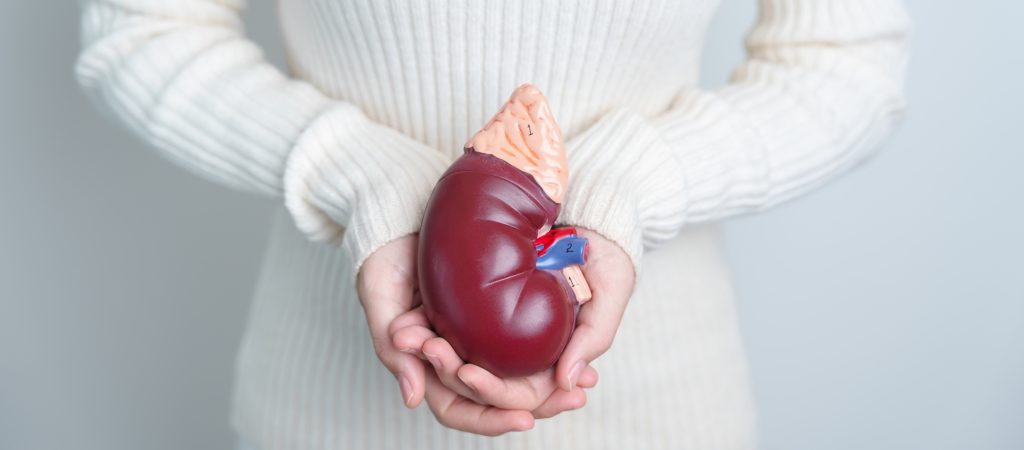
4. Myth: Once diagnosed with CKD, the only option is dialysis or transplant.
Truth: Dialysis and kidney transplant are often the last resort in advanced CKD, but many Malaysians with early-stage CKD can manage their condition effectively through lifestyle modifications. By adhering to a proper CKD diet, controlling the risk factors, and use of kidney protective medications, CKD can be stabilized & delayed for many years. This is particularly important for patients in rural areas where access to transplant or dialysis options may be limited.
Insight: NKF Malaysia actively promotes awareness of the early stages of CKD and the importance of prevention and management. Through ongoing efforts, NKF emphasizes diet education, particularly in communities with high rates of hypertension and diabetes, to help prevent the progression to dialysis and transplants. Localized health campaigns targeting both urban and rural populations provide educational resources and support for healthier lifestyles.
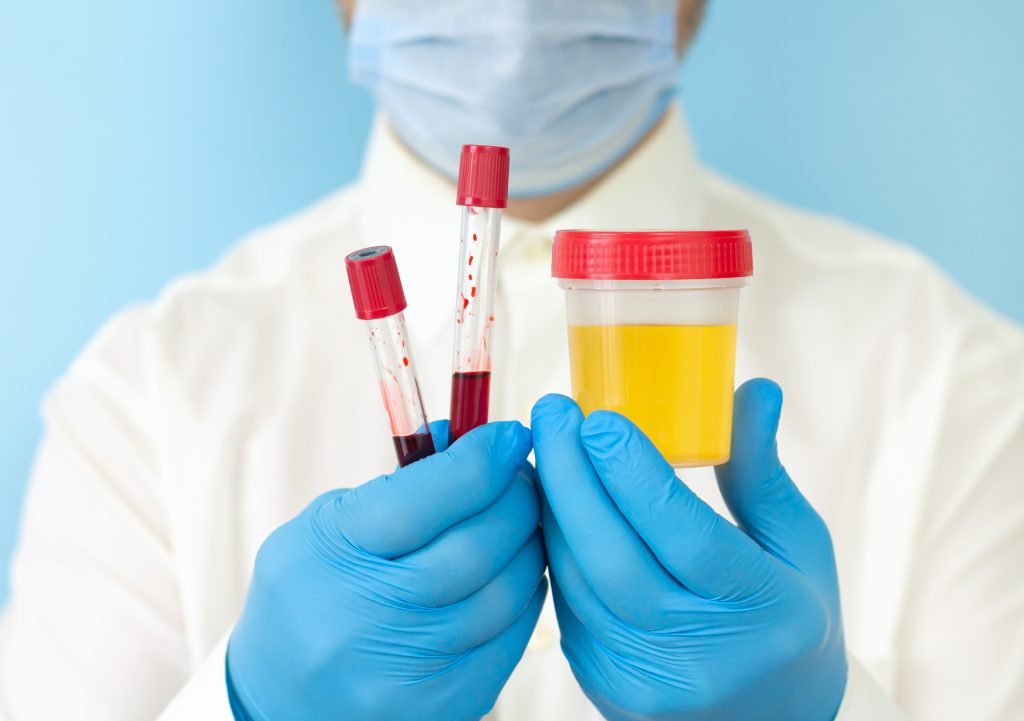
5. Myth: Diagnosis of CKD needs sophisticated testing.
Truth: Many Malaysians still believe that CKD can only be diagnosed using sophisticated tests. The fact is, CKD diagnosis is simple and involves a combination of urine tests (for protein and blood), blood tests for creatinine level and estimated glomerular filtration rate (eGFR), and imaging with ultrasound. The earliest manifestations of kidney disease is often abnormal urine test for protein and red blood cells.
Insight: NKF Malaysia emphasizes the importance of early screening for all age groups, including high-risk individuals such as the older persons, people with diabetes and high blood pressure, those with a family history of kidney disease. Through NKF’s mobile health screening initiatives, we strive to ensure that Malaysians across the country have access to vital screenings, detecting CKD early and fostering lifelong kidney health awareness.
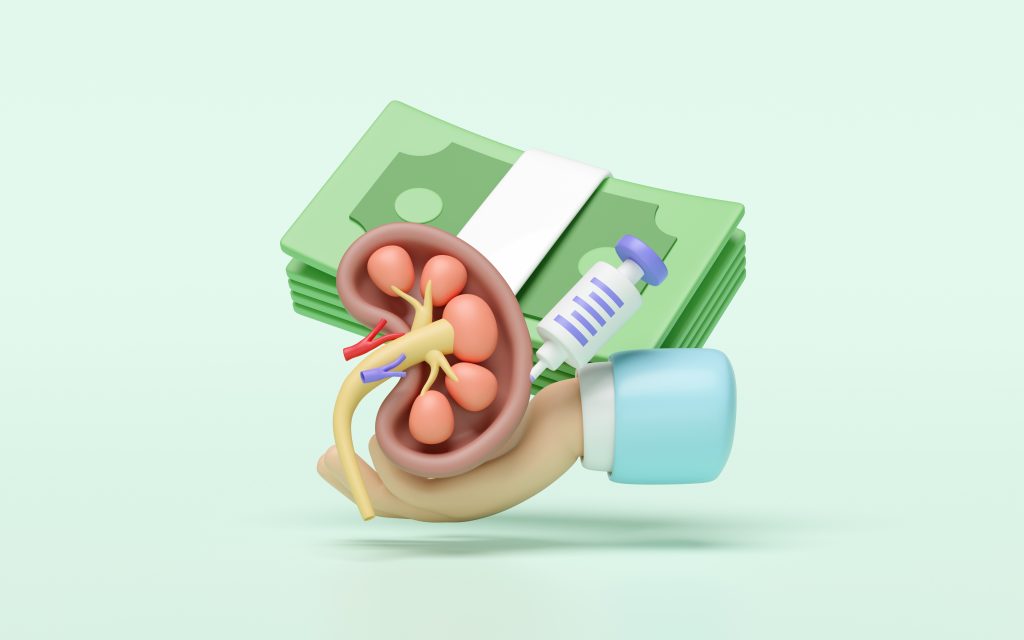
6. Myth: Dialysis is affordable
Truth: While dialysis subsidies and support mechanisms exist, the financial, psychological, and time burdens of dialysis treatment in Malaysia are significant. The cost of dialysis varies depending on the facility, with government hospitals offering it at minimal fees but with limited slots, while NGOs like NKF charge RM90 per session after subsidies, and private centres charge between RM150 and RM250 per session. With patients requiring around 12 to 13 sessions per month, the monthly costs range from RM1,080 to RM3,250, and annual expenses can escalate to RM39,800, excluding medications, transportation, and other related costs.
Beyond finances, dialysis imposes psychological strain, often leading to anxiety, depression, and feelings of isolation due to the demanding treatment schedule. Taking haemodialysis treatment as an example, the time commitment is equally taxing, as each session lasts four hours, with travel and preparation adding more time, resulting in around 18 hours per week dedicated solely to treatment. This disrupts work, daily routines, and personal responsibilities, further diminishing patients’ quality of life. Given these burdens, the importance of early screening cannot be overstated, as detecting kidney disease early allows for proactive management and intervention, potentially delaying or even preventing the need for dialysis.”
As we celebrate World Kidney Day 2025, it’s essential for Malaysians to be well-informed about CKD. By debunking these myths and fostering a deeper understanding of the disease, we can empower individuals to take proactive steps in protecting their kidney health. NKF Malaysia is committed to offering continuous support through education, early detection programs, and patient care services. Let’s work together to raise awareness and take action toward a healthier future, where CKD no longer stands as an insurmountable challenge for Malaysians.
Join our 1Twenty80 Broadcast Channel today! Be the first to receive interview updates, behind the scenes snippets and happenings in Malaysia’s health scene!











